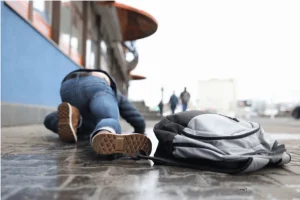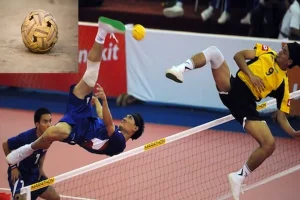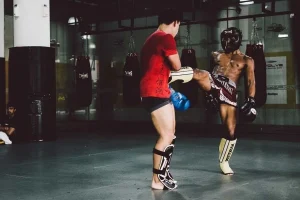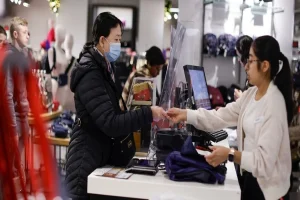Winter Slip and Fall Accidents: Who Is Responsible?
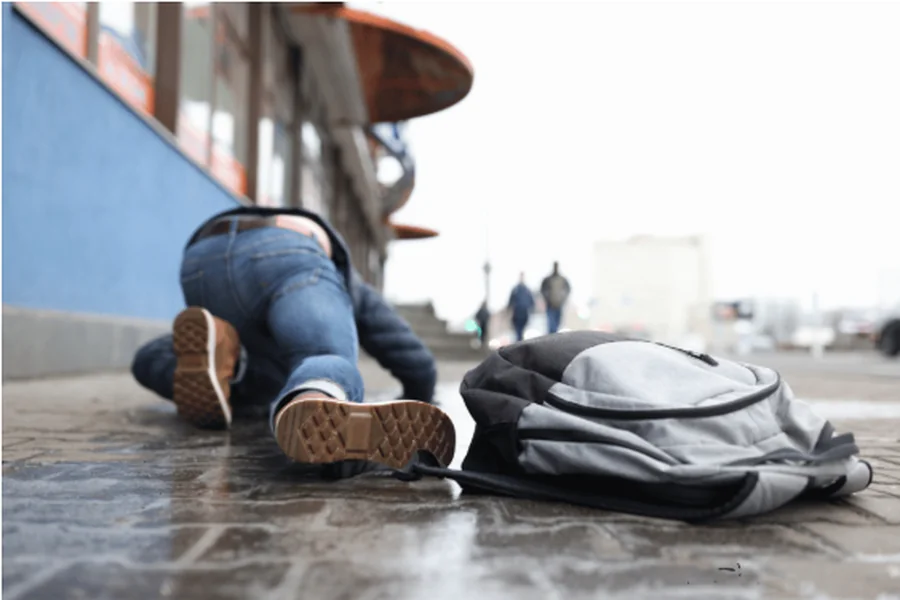
Winter brings beautiful snowfalls, cozy nights, and festive cheer — but it also brings slippery sidewalks, icy parking lots, and dangerous walkways. Every year, thousands of people suffer injuries from slip and fall accidents caused by snow and ice. While some falls are minor, others lead to serious injuries like fractures, concussions, or long-term mobility issues.
After a fall, one of the first questions most people ask is: “Who’s responsible for this?”
Understanding liability in winter slip and fall accidents can be complex because it depends on where and how the accident occurred. Let’s take a closer look at who may be held responsible, what property owners are legally required to do, and how a skilled slip and fall claim lawyer can help you if you’ve been injured in a winter slip and fall.
1. The Property Owner’s Duty of Care
In most regions, property owners and occupiers have a legal duty to keep their premises reasonably safe for anyone who enters. This includes homeowners, landlords, tenants, and commercial property owners like store managers or business operators.
During the winter months, this duty extends to removing snow and ice within a reasonable amount of time after a snowfall or freezing rain. That means owners are expected to shovel sidewalks, apply salt or sand, and ensure entryways are not dangerously slippery.
If they fail to take these precautions and someone slips and falls, they may be held legally liable for negligence.
2. Who Is Responsible Depends on Where You Fall
Responsibility for a winter slip and fall often depends on where the accident occurred:
a) Private Residential Property
If you slipped on a friend’s or neighbor’s driveway, front steps, or walkway, the homeowner or tenant may be responsible — especially if they neglected to clear the area within a reasonable time after the snowfall.
However, if the homeowner had hired a snow removal service and the service failed to do its job properly, both the homeowner and the contractor could share liability.
b) Commercial Property
For businesses, the standard of care is even higher. Property owners and business operators — such as store owners, shopping centers, or restaurants — are expected to maintain safe conditions for customers and employees.
If you fall in a parking lot or outside a commercial building, the business or property management company could be held responsible, especially if they failed to plow or salt the area properly.
c) Public Property
When a slip and fall occurs on public sidewalks or municipal property, things can get more complicated. Cities and towns also have responsibilities for maintaining public walkways, but there are strict deadlines for filing a claim against a municipality — often as short as 10 to 30 days after the accident.
In some areas, property owners adjacent to public sidewalks are legally required to clear the sidewalk in front of their property. If they fail to do so, they could share liability with the city.
3. Proving Negligence
To win a slip and fall case, you must prove that the responsible party was negligent — meaning they failed to take reasonable steps to keep the area safe.
This usually involves showing:
- The property owner owed you a duty of care.
- They breached that duty by failing to maintain the property (e.g., not salting or shoveling).
- The unsafe condition caused your fall.
- You suffered damages such as injuries, lost wages, or medical bills.
Photographs, witness statements, and medical reports can be strong evidence in your favor. That’s why it’s important to document everything as soon as possible after the accident.
4. What If the Weather Was Ongoing?
One common defense used by property owners is the “ongoing storm” rule. This means that if snow or freezing rain was still falling at the time of your accident, the owner may not be held immediately responsible because it wasn’t reasonable to expect them to have cleared the area during the storm.
However, once the weather stops, property owners must act quickly to remove snow and ice. Failing to do so in a timely manner after the storm can result in liability.
5. How Comparative Fault Affects Your Case
In some situations, both the property owner and the injured person may share responsibility. For instance, if you were wearing improper footwear or were distracted while walking (e.g., texting), a court may find you partially at fault.
This doesn’t necessarily mean you’ll lose your case — but it could reduce the amount of compensation you receive. For example, if you were found 20% responsible, your damages could be reduced by that percentage.
6. What to Do After a Winter Slip and Fall
If you experience a slip and fall on snow or ice, here are some important steps to take:
- Seek medical attention immediately, even if your injuries seem minor.
- Report the incident to the property owner, store manager, or city official.
- Take photos of the location, including ice patches, snow buildup, or poor lighting.
- Get contact information for witnesses, if any.
- Keep records of all medical visits, expenses, and lost wages.
- Contact a slip and fall lawyer to review your case and guide you through the legal process.
7. Why Hiring a Slip and Fall Lawyer Matters
Proving liability in a winter slip and fall accident can be challenging. Insurance companies often try to deny or minimize claims by arguing that you were careless or that the property owner did enough to keep the area safe.
An experienced slip and fall lawyer can provide valuable legal advice, investigate your accident, gather evidence, and negotiate with insurers to ensure you receive the compensation you deserve for medical bills, lost income, and pain and suffering.
Final Thoughts
Winter slip and fall accidents can happen in seconds but cause long-lasting pain, financial strain, and emotional distress. While snow and ice are part of the season, that doesn’t mean unsafe conditions should be tolerated. Property owners, businesses, and municipalities all have a duty to maintain their premises and protect visitors from preventable harm.
If you’ve been injured in a winter slip and fall, don’t assume it was “just an accident.” You may have the right to hold someone accountable — and recover the support you need to heal. Consulting a slip and fall lawyer is the best first step toward understanding your rights and getting fair compensation.

